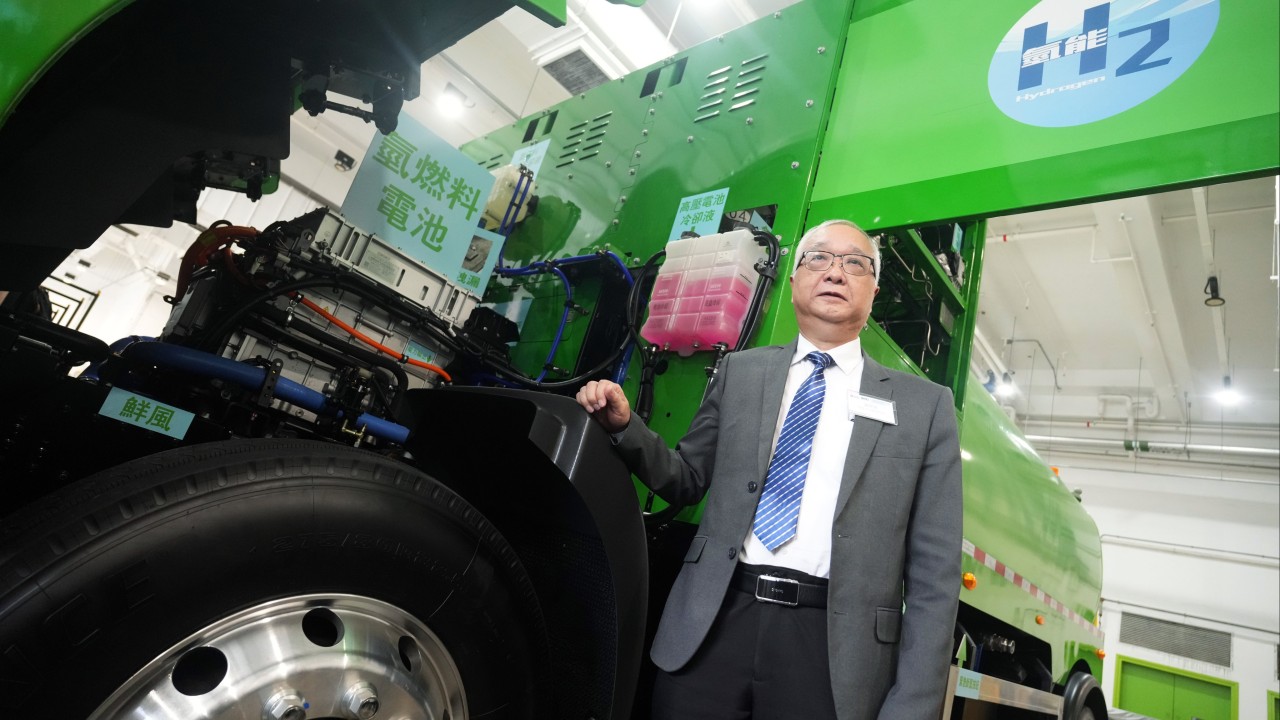Hong Kong authorities have released a strategy report designed to boost development of the city’s hydrogen infrastructure, with the aim of formulating certification standards for the fuel in line with international practices. As the world seeks ways to reduce the use of fossil fuels and speed up energy transition to combat climate change, hydrogen has emerged as a promising alternative to help achieve decarbonisation goals. Here the Post looks at how the hydrogen development strategy, released on Monday, will help Hong Kong attain carbon neutrality.
Hydrogen is considered a potential low-carbon energy source. It contains no carbon in its molecular structure, and only produces water vapour when burned, which helps cut air pollution. Tse Chin-wan, the secretary for environment and ecology, said on Monday that the development of hydrogen power, with enough infrastructure and talent training, would help the city reach its goal of carbon neutrality by 2050.

Beijing published a white paper in 2020 to promote the development of a hydrogen energy industry and related technology and increase the proportion of hydrogen in the nation’s fuel mix. “Our country has stated clearly that hydrogen would be an important component of the national energy system in the future,” Tse said. “Seizing the opportunities brought about by the development of hydrogen energy can help Hong Kong strive towards carbon neutrality, develop a new quality productive force and maintain international compe.























